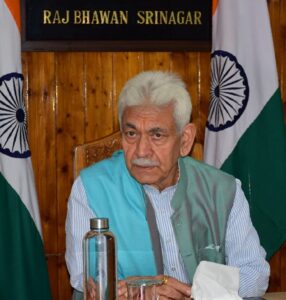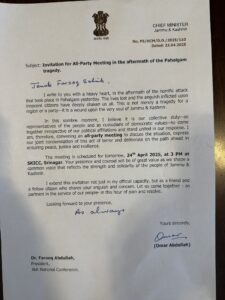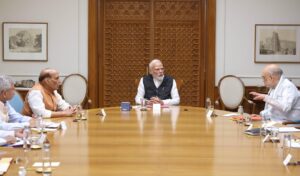Premature move on monetary policy front could undermine efforts to check inflation: RBI Governor
Mumbai, Feb 22 (PTI) The Reserve Bank of India’s job to bring down inflation is not over, and any premature move on the policy front could undermine the success achieved so far on the price situation, according to RBI Governor Shaktikanta Das.
According to the minutes of the February Monetary Policy Committee (MPC) meeting released by the central bank on Thursday, Das had said at this juncture, monetary policy must remain vigilant and “not assume that our job on the inflation front is over”.
He stressed that the MPC must remain committed to successfully navigate the “last mile” of disinflation that can be sticky.
Das made the remarks while voting for status quo in the key interest rate earlier this month.
“As markets are front-running central banks in anticipation of policy pivots, any premature move may undermine the success achieved so far,” the governor said, as per the minutes.
He argued that price and financial stability were essential to sustain a long haul of high growth, and the monetary policy’s objective was to stay focused on achieving the 4 per cent inflation target on a durable basis, keeping in mind the objective of growth.
Five of the six MPC members had voted to keep the short-term benchmark lending rate at 6.5 per cent.
External member in the MPC, Jayanth R Varma, had made a case to reduce the repo rate by 25 basis points, and to change the stance to neutral.
The process of fiscal consolidation is projected to continue in 2024-25, he said, adding that this opens up space for monetary easing without risking an inflationary spiral.
“In my view, the time has come for the MPC to send a clear signal that it takes its dual mandate of inflation and growth seriously, and that it would not maintain a real interest rate that is significantly more than what is needed to achieve its target,” Varma said.
RBI Deputy Governor and MPC member Michael Debabrata Patra, according to the minutes, said monetary policy must remain restrictive and maintain downward pressure on inflation while minimising the output costs of disinflation.
It is only when inflation subsides and stays close to the target lastingly that policy restraint can be eased, he had said.






